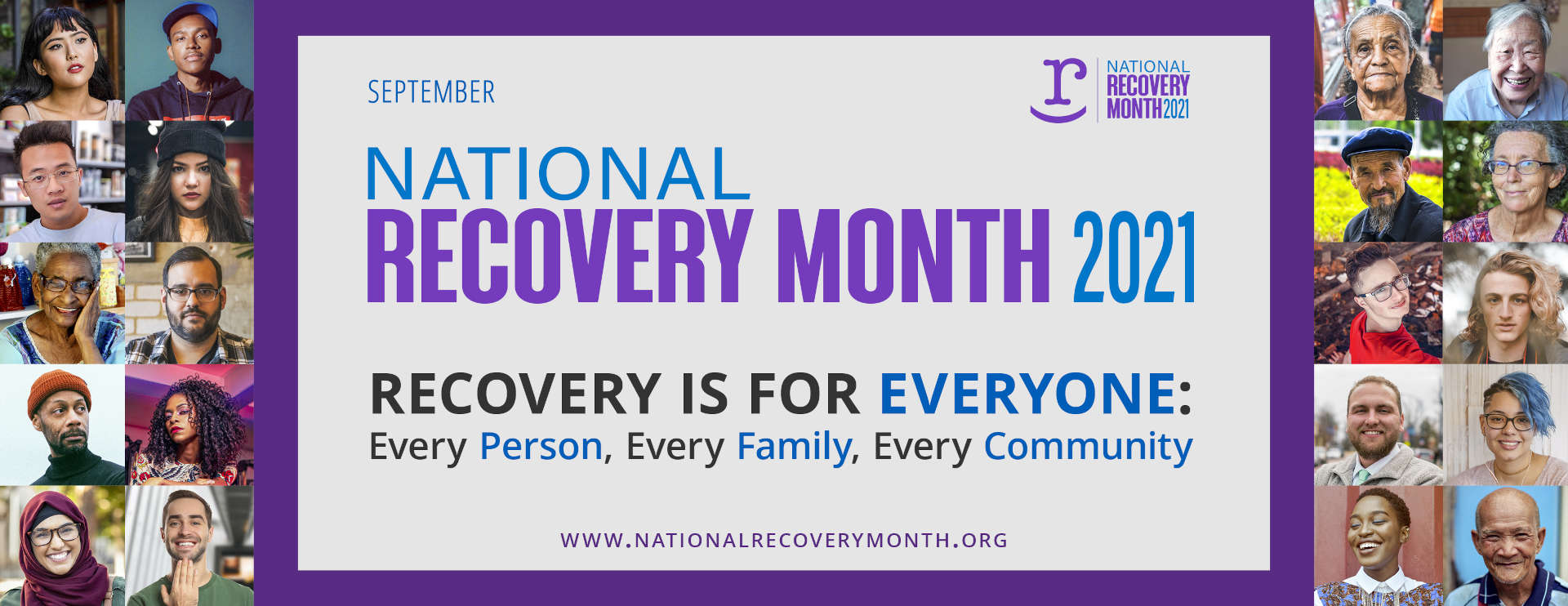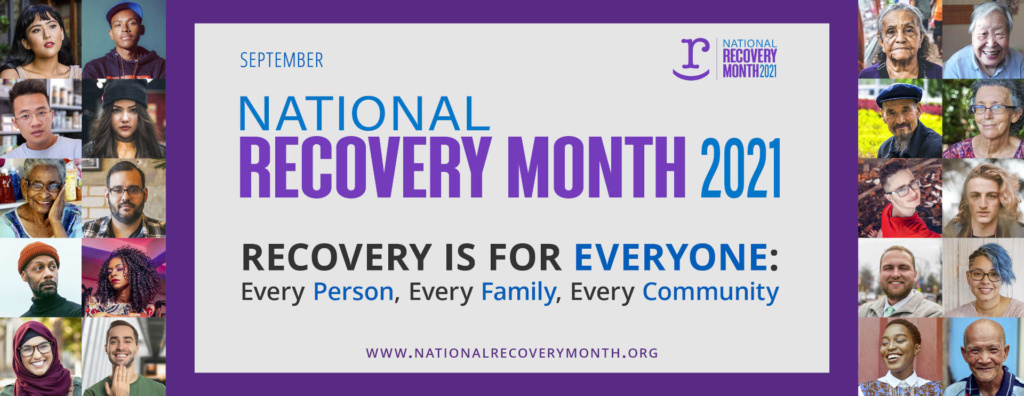
September of 2021 brings with it the 32nd iteration of National Recovery Month, an annual celebration of sobriety, recovery, and the efforts of those who treat and struggle with substance use and mental health issues. This year the occasion bears an increased weight, as the preceding year saw a major increase in drug overdoses, with some dubbing it the deadliest year in the history of drug abuse. This makes the observance of National Recovery Month all the more important, and leads us to consider how the occasion came about and how it could help spread a vital message in these challenging times.
The Origins of National Recovery Month
The holiday’s inception came in 1989, when the Alcohol, Drug Abuse, and Mental Health Administration (ADAMHA) decreed that every September would be set aside as National Recovery Month. The declaration came at a time when the public was largely ill-informed about alcoholism and drug abuse. Many other illnesses had months dedicated to them; February 1964 had marked the first American Heart Month under President Johnson, and Reagan had officially recognized November as National Diabetes Month in 1981 after years of unofficial observance. By creating a similar month to spread awareness about addiction and celebrate recovery, the officials at ADAMHA hoped to spread the message that dependence on alcohol and drugs is also a disease, rather than a personal failing, thereby decreasing the stigma around these issues and increasing people’s willingness to come forward and seek help. This concept also aligns with principles of twelve step programs, which urge those who have recovered from addiction to share their stories with others to help give them hope for their own recovery.
National Recovery Month Over the Years
The goal of the first Recovery Month was to honor and recognize those who have overcome addiction, as well as to build awareness of the issues surrounding mental health and substance abuse in order to make people better informed about these challenges and the most effective evidence-based methods of treating them. The ADAMHA was eventually reorganized into the Substance Abuse and Mental Health Services Administration (SAMHSA), but the tradition of National Recovery Month persisted. Over time, as the recovery community in the United States grew in size and more treatment facilities opened to provide Americans with specialized care for addiction, the occasion expanded. Today, National Recovery Month has become a widely-celebrated opportunity for those who have overcome addiction, along with their families, to affirm their commitment to health and freedom from substance abuse. Its goals are largely the same: As SAMHSA’s website states, the holiday is observed to spread the word about effective treatment practices, draw attention to robust recovery communities, and celebrate dedicated professionals who work to help others overcome addiction and achieve mental well-being. And the necessity of overcoming the stigma around addiction has not waned, as it still remains a major factor in preventing people from overcoming their substance abuse issues and results in discriminatory practices toward people with addiction issues.
National Recovery Month 2021
2021 marks the second year that National Recovery Month has been headed by the recovery community, rather than the federal government, representing an important transfer of ownership over the occasion. The month’s messaging and programming were determined via a collaboration among 140 organizations, including federal, state, and local government groups and non-profit associations that deal with preventing and treating substance abuse and mental health issues. The organizations, termed the Recovery Month Planning Partners, work in conjunction to develop and distribute materials for the month’s programming; SAMHSA remains involved as a sponsor and an active Planning Partner. This year’s theme, as decided on by the Planning Partners, is “Recovery is for Everyone: Every Person, Every Family, Every Community,” representing their belief that overcoming addiction benefits all of us, not just the individual.
The official website for the holiday is now hosted by Faces & Voices of Recovery, an organization “dedicated to organizing and mobilizing the over 23 million Americans in recovery from addiction to alcohol and other drugs…to promote the right and resources to recover through advocacy, education and demonstrating the power and proof of long-term recovery.” The website is the central location for all National Recovery Month activity. On the site, you can share images of Recovery Month activities, which will be posted to the site after a short review process. You can also post proclamations, statements of support signed by local officials and representatives affirming their commitment to recovery. The site has shirts, masks, and other merch options. Perhaps most importantly, the site hosts a calendar of events and activities occurring for Recovery Month. Among other things, the schedule includes a virtual resource fair, an art show, speakers on Zoom every Friday, and a community walk along the National Mall hosted by recovery group The Phoenix. If you’re interested in getting involved, a great place to start is the 2021 Recovery Month toolkit, which includes directions on issuing proclamations, planning events, and otherwise spreading the good word about recovery.
Turning Point of Tampa’s goal is to always provide a safe environment and a solid foundation in 12-Step recovery, in tandem with quality individual therapy and groups. We have been offering Licensed Residential Treatment for Addiction, Eating Disorders and Dual Diagnosis in Tampa since 1987. If you need help or know someone who does, please contact our admissions department at 813-733-5931, 866-782-1417 or admissions@tpoftampa.com.



